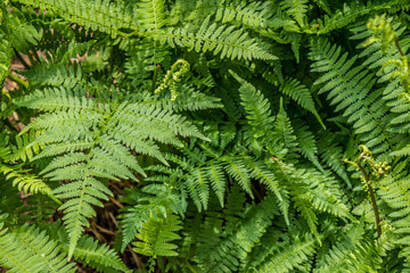|
Tropical plants are very beautiful to look at. After all they are usually vibrant, extravagant, feathery, glossy, or textured. It makes sense that these plants would bring some life to one's landscape. Louisiana is a very hot with a considerable amount of rain fall. However, that makes an excellent environment for tropical plants. How to Take Care of Your Tropical Plants in Warmer Weather: All plants of course need water, light, and soil to grow successfully. Additional things such as fertilizer and pest control can also improve your plants health. Tropical plants tend to flourish more when they are constantly moist rather than being overly wet. Overwatering your yard could possibly damage the plant. It is also important to try to give your plant enough sun and water if you do not live in a warm and wet climate like Louisiana. Taking Care of Your Plants During the Winter:There are one of two things that usually happen to tropical plants during the winter. Tropical plants will either wither and die to the weather conditions, or they will be able to sustain the cold temperatures and live to bloom another season. However, there are several precautions you can take to help prevent certain tropical plants from succumbing to the cold temperatures in the winter. What to Do If You Want to Take Plants Inside for the Winter:Assuming you are able to take some of your tropical plants inside and give them proper conditions, it might be one of the best options to help them survive in the winter. Another thing you can do is cut the foliage down because the leaves will eventually fall by themselves due to the cold weather. Another thing you can do is wash the plants. Washing the plants is important if you want to move them inside, because it will help remove any unwanted dirt and possible pests. Speaking of pests, make sure you rid your plant of bugs before you bring it inside.
In contrast, some tropical plants that are more likely to survive the winter. Hardy ferns and clumping bamboo can be found in colder climates, and plants like these are usually the ones to survive harsher climates.
6 Comments
|
AuthorCharlie Casselberry Categories
All
Archives
April 2024
|
Contact |
Services |
About |
Locations
|
GreenSeasons
|
Baton Rouge Office
11628 S Choctaw Drive, Suite 227 Baton Rouge, Louisiana 70815 |
Greenwell Springs Office
14461 Frenchtown Road Greenwell Springs, LA 70739 |
Slidell Office
56010 Highway 433 Slidell, Louisiana 70461 |
© 2020 GreenSeasons



 RSS Feed
RSS Feed
